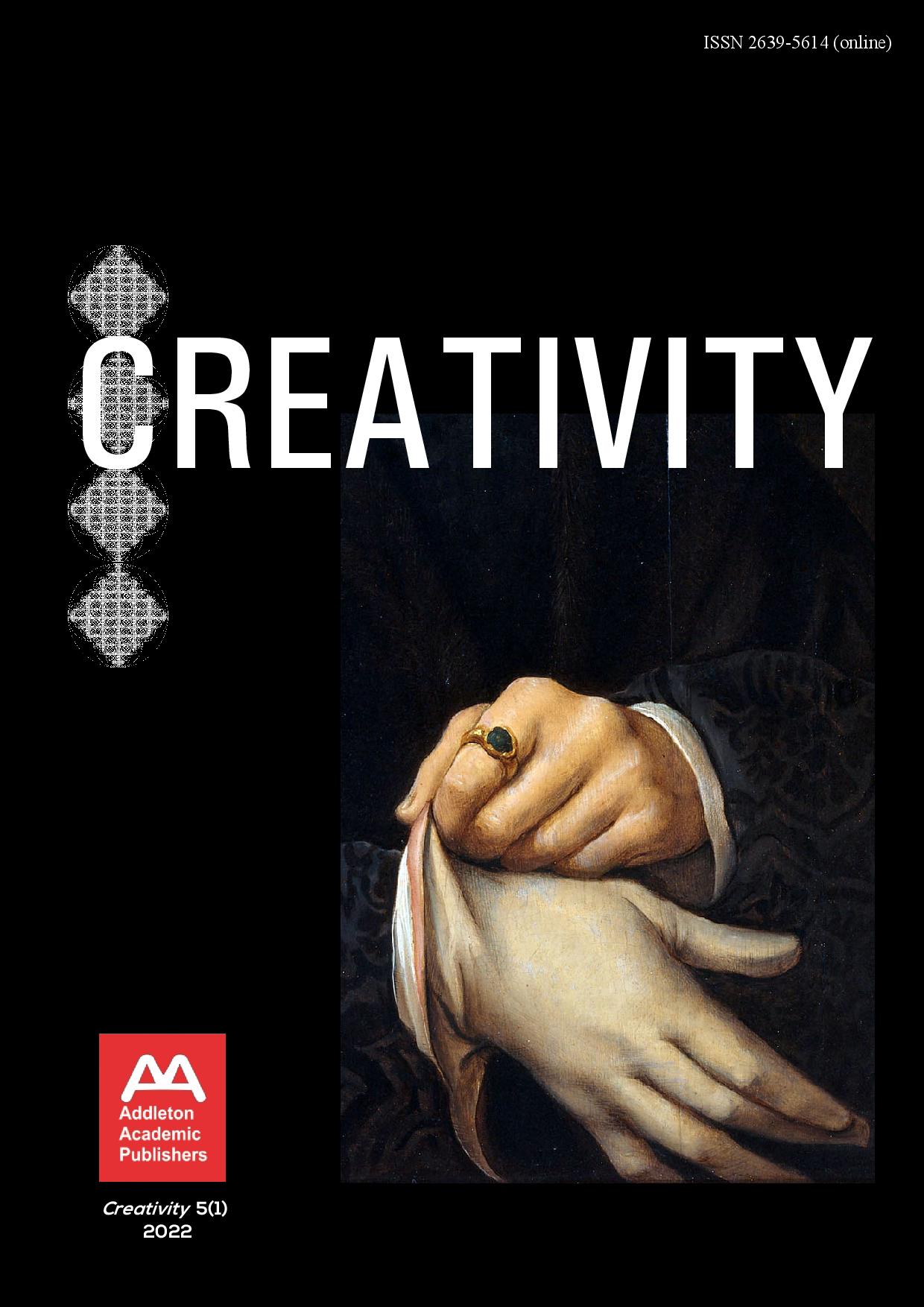The universe of proto-science fiction: Mary Shelley’s Frankenstein and The last man
The universe of proto-science fiction: Mary Shelley’s Frankenstein and The last man
Author(s): Mihai A. StroeSubject(s): British Literature
Published by: Addleton Academic Publishers
Keywords: adventure; trauma; gothic; science fiction; apocalyptic literature; Castle Frankenstein; instruments of life; Hermeticism; magic; secrecy; organized science; Frankenstein unbound; time travel;
Summary/Abstract: Deep pain and exuberant joy are the two extremes of Mary Shelley’s biography. In order to understand the genesis of the enigmatic Frankenstein and its remarkable creator, as well as its legacy, we need to focus on the intricate network of events in this author’s life and on the complexities of her literary works and thought. There is no doubt Mary Shelley’s life is relevant for the study of the connections between trauma (physical or psychological) and forms of (literary) extraordinary creativity. In this sense, there is an unanswered question, unfortunately rarely posed, as to why the pages describing the crucial days in the months of June and early July 1816 are missing from both Mary Shelley’s and Claire Clairmont’s diaries. Was there a “conspiracy of silence” between the two sisters, because such might have been thought to prove beneficial for the success of Mary Shelley’s work? Or was the reality so dark and haunting that revealing it might have frightened the public away? Further still, and in connection therewith, another question of great significance (yet little, if at all, asked in contemporary Mary Shelley studies) is that regarding Mary Shelley’s possible visit, in September 1814, to Castle Frankenstein. The journals of Mary Shelley: 1814–1844, in their wonderful new 1995 edition, do clarify a few aspects regarding the questions raised above. Significantly, knowledge of these pieces of the puzzle making up Mary Shelley’s biography may prove to be of fundamental importance in our understanding of how secrecy, alongside deep pain and exuberant joy, played an essential role in the rise of proto-science fiction: Frankenstein (1818) and The last man (1826) are two of the first novels that can genuinely be called science fiction. We may wonder what Percy Bysshe Shelley (1792–1822), at the bicentennial of his own death, would think today, in 2022, of his own beloved wife’s literary, cultural, artistic and spiritual legacy: a marvel to contemplate, a model to emulate, a foundation to speculate on. We will also refer to two of the most recent inspired tributes to Mary Shelley’s memory: Brian Aldiss’s time-travel novel Frankenstein unbound (1973) and the gothic SF movie I, Frankenstein (2013).
Journal: Creativity
- Issue Year: 5/2022
- Issue No: 1
- Page Range: 19-103
- Page Count: 85
- Language: English
- Content File-PDF

